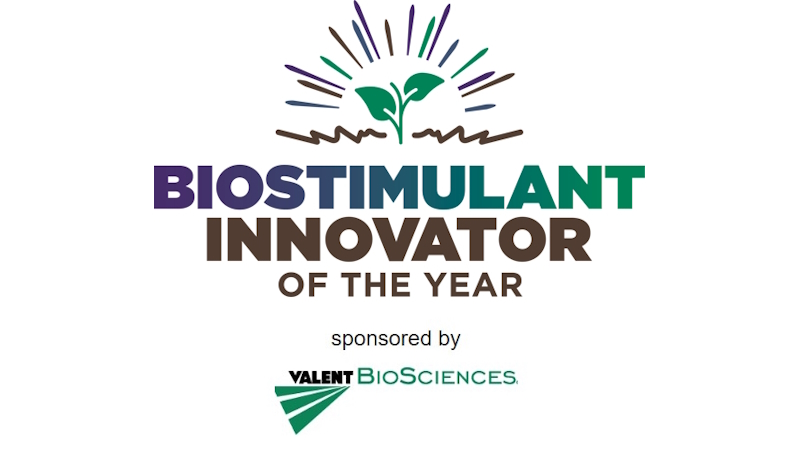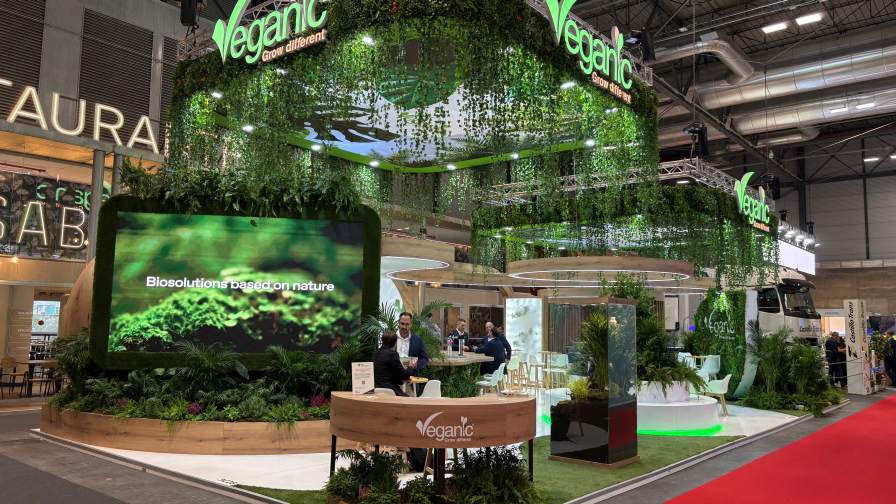The Biotech Debate: Why Barriers to Entry Hinder the Market
DES MOINES, Iowa –The overall area planted with genetically-modified crops has expanded an average of 37.4% each year since the introduction of biotech in 1984, according to Phillips McDougall.
However, the time and resources needed to develop and market GM crops is still significant. In order to introduce a new trait to the biotech market, a company must invest upwards of $136 million which includes the discovery, development and authorization, a new Phillips McDougall report states.
Panel participants at the annual World Food Prize in Des Moines, Iowa, discussed the barriers to entry for a new biotech product including regulation difficulties and financial investments.
“On average, it takes six to 10 years for a company to get approval for a new trait,” says Nicholas Kalaitzandonakes, director of economics and management at the Agrobiotechnology Center at the University of Missouri.
Because of the associated costs and length of time need to gain approval, the biotech market is seeing fewer startups and entrants. As demand begins to rise for biotech products, the supply is severely impacted because of the inability for companies to continually increase their biotech innovations, Kalaitzandonakes says.
In turn, many farmers around the world cannot afford the seeds needed to produces higher yields. The solution, according to agriculture industry experts, is for governments to make credit available for farmers for new technologies. In addition, governments also need to rework the registration process for biotechnologies, he says.
Editor’s Note: This story is part two of a four-part series in which experts at the 2011 World Food Prize explain how crop protection technologies improve global food security.





